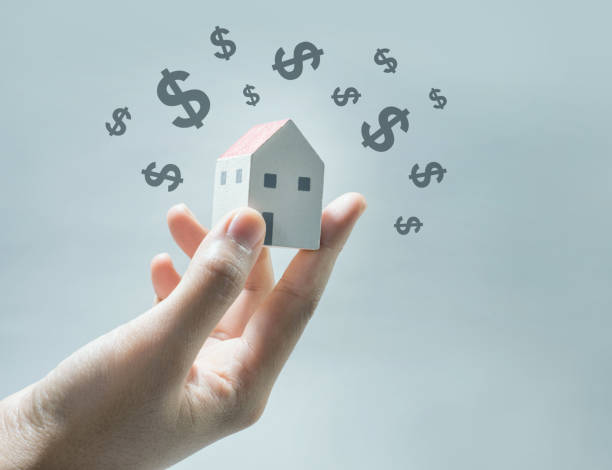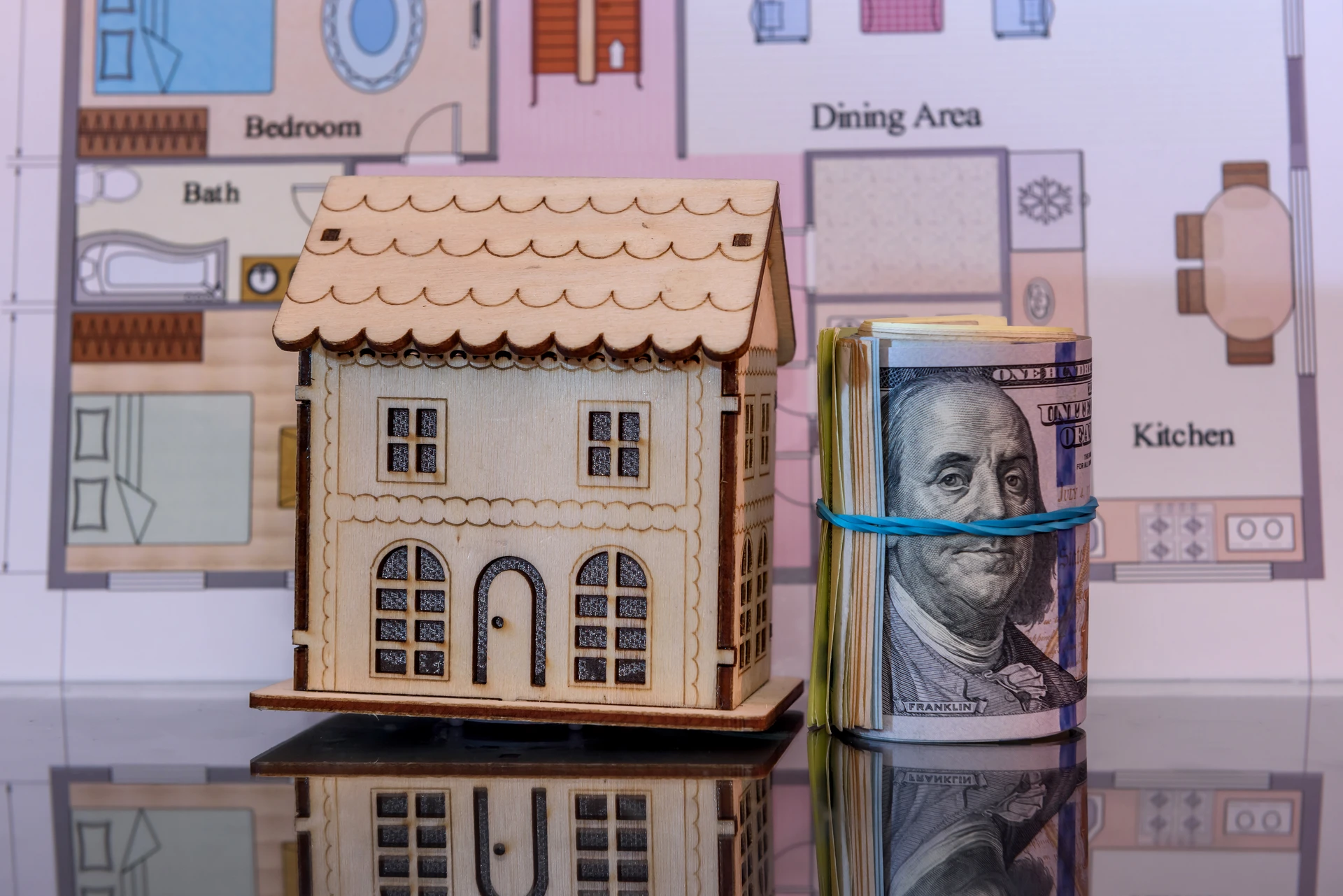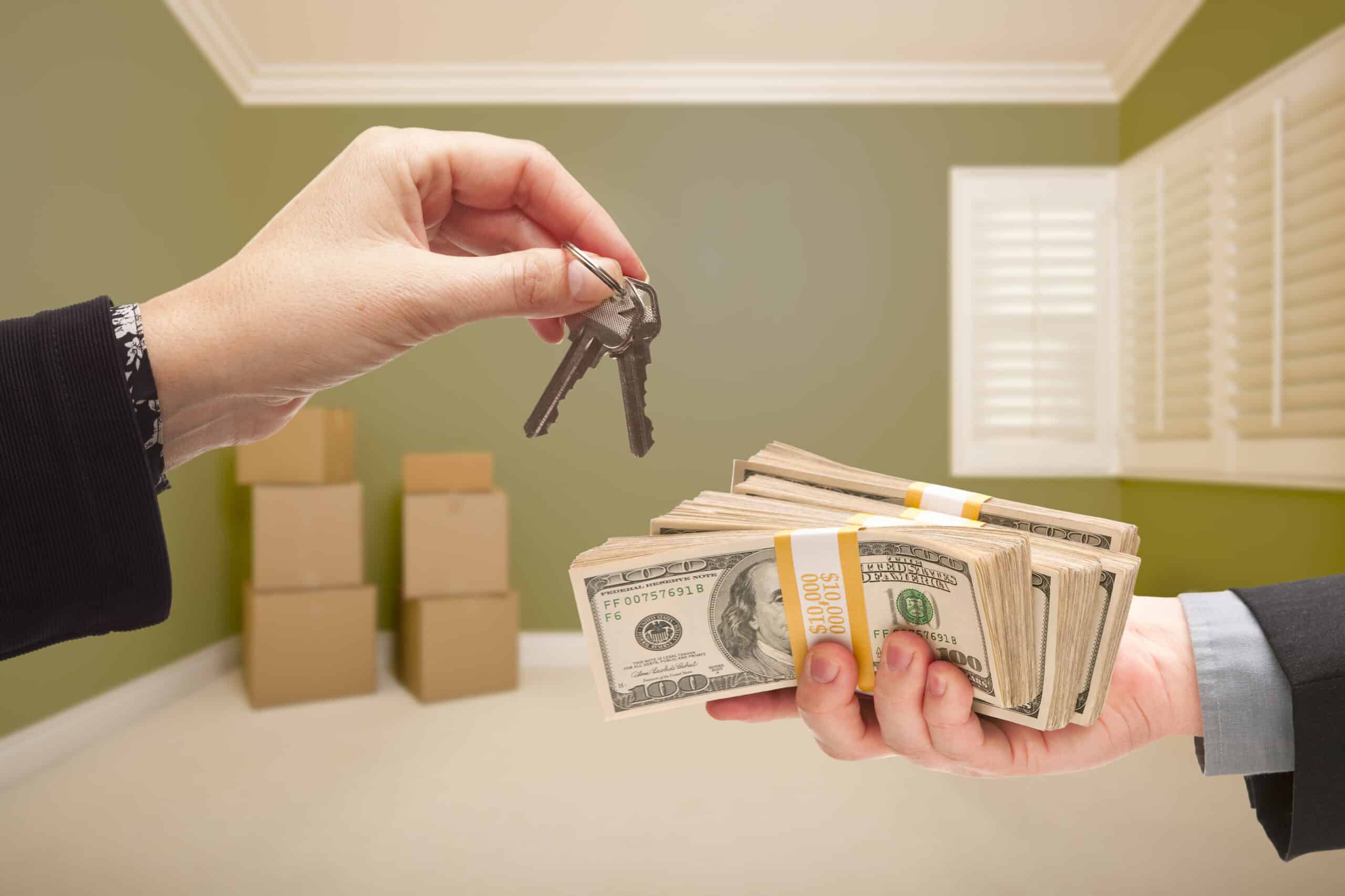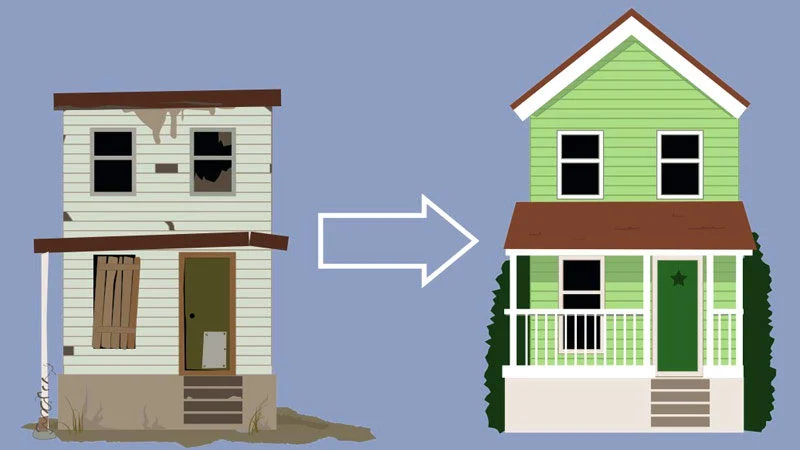
The Road to Property Flipping Success
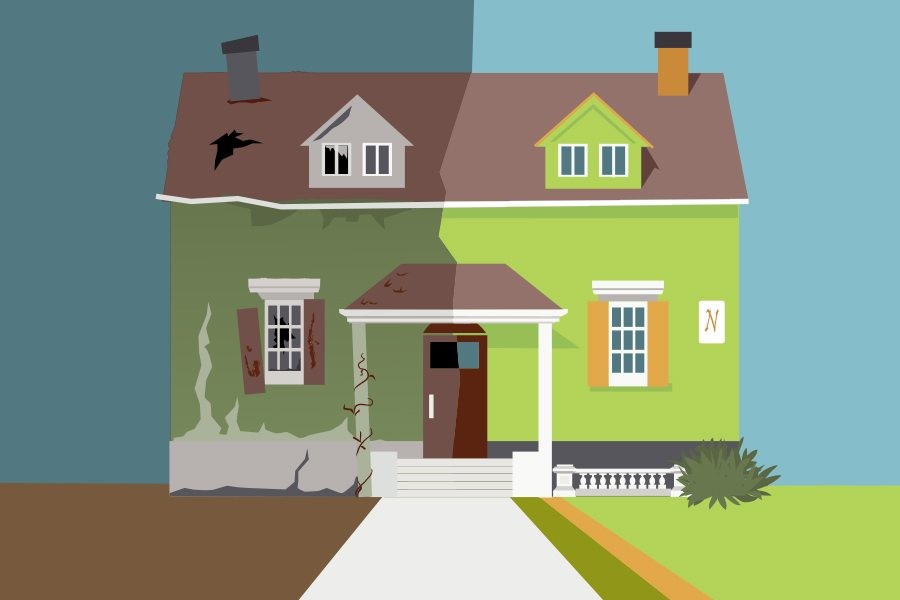
It’s not all about curb appeal and “For Sale” signs when it comes to achieving real estate wealth. Too many would-be investors in real estate never learn-or simply overlook-the basics that separate success from disaster. This is particularly the case with Property Flipping, who buy, rehab, and then sell properties in hopes of turning a profit. That means successful flippers weigh risks carefully rather than plunge head-first into multiple projects without having the cash, time, skill, and knowledge, along with the patience to do it properly from the outset, to avoid expensive mistakes. And how might one avoid those pitfalls?
Understanding Property Flipping
Flipping means that an investor buys a property solely with the intention of selling it at a good profit, without holding onto personal use. Real estate investors specializing in flipping are primarily focusing on how to buy one or several properties and sell them as quickly as possible. Some of the investors follow the concept of creating a steady income stream by flipping properties very frequently.
Property Flipping involves buying low and selling high, but without the long-term holding strategy-tried to close the transaction as quickly as possible. In so doing, it minimizes the length of time your money is at risk. The rule of thumb is that speed is often more important than profit maximization, since each additional day brings in added costs that include mortgage payments, utilities, property taxes, insurance, and other home ownership expenses.
However, the flipping strategy can be wrought with pitfalls. Any profit you realize is generally from price appreciation because of a hot real estate market or from capital improvements you make to the property-or both. An investor, for instance, may purchase a fixer-upper in a popular neighborhood, undertake extensive renovations, and then sell the house at a price that’s attractive given its new look-and-feel.
Getting Started
Overpaying for a property will cut into your investment risk and return on potential. It is very important not to overinvest in a property. You definitely need to know, before you buy a property, how much the needed repairs and upgrades are going to cost you. Once you have that information, you can then calculate an ideal purchase price.
A good rule of thumb is the 70% rule: this rule says an investor should not pay more than 70% of the property’s After Repair Value, minus the cost of repairs. ARV stands for the value the property would have once all the repairs are completed.
For instance, in case the house had an ARV (After Repair Value)of $150,000 and required $25,000 to complete the rehab work, an investor following the 70 percent rule should not pay any amount more than $80,000 for the home: $150,000 × 0.70 = $105,000 – $25,000 = $80,000.
Flipping is no different from any other business. It requires money and time commitment, planning, patience, skill, and hard work. You’ll also find that it’s not as easy and cheap as most people think. If you only want to get rich fast through flipping a house, you may end up in bankruptcy.
Following are five mistakes you need to avoid while considering Property Flipping:
1-Not Having Enough Money
Getting into real estate is expensive. Your first expense will be the cost of acquiring the property. While there are many claims of low/no-money-down financing, finding these deals from a legitimate source is much easier said than done. If you finance the acquisition, you’ll pay interest. Keep in mind:
- The interest on borrowed money is not 100% tax-deductible. For every dollar you pay in interest, that’s just more that you’ll have to earn from the sale just to break even.
- In respect to a mortgage or line of credit, only the interest is deductible. No deduction is permitted for payments of principal, taxes and insurance.
- Research which financing option would be most suitable for your case and who could offer it to you. If you are using your cash, you avoid the interest costs, but there are holding and opportunity costs of tying up your cash.
- If you are able to overcome the house flipping financial challenges, there is a capital gain tax to chomp away at your profit.
“It’s just harder to make a profit than it once was, and those profits are shrinking,” said one expert. Flippers grossed an average of $67,900 per property nationwide in 2022, a return on investment (ROI) of 26.9%, down 3% from 2021, when flippers reaped an average of $70,000 per property.
That doesn’t mean you can’t make money, but it does mean you need to be more cautious.
Renovation and other costs such as holding costs can consume as much as two-thirds of your profit. And sometimes unexpected structural problems turn what would have been a gross profit into a net loss.
The secret to buying low and selling high is being able to sell a property for an amount high enough to recover all of your acquisition and renovation costs, plus your holding costs.
Everything in life is about timing, and real estate is no different.
2- Bad Timing
Flipping a property does take some time. As a matter of fact, finding just the right property may take months. When you have ownership, you will want time to renovate, which may entail you investing time when you don’t have much free time because of a full-time job. You can hire the work out if you want, but then you’ll use more of your time dealing with the project oversight, and paying other people will cut into your profit.
You’ll also want to have the property inspected, if possible, to ensure it’s up to code. If not, it may take more time and money to get it to code.
Selling the property takes time, too. If you sell it yourself, that means you’ll be spending time driving to and from the property to meet with buyers. If you use a real estate agent, you’ll have to pay commissions.
Otherwise, some of them could have been better off taking up a day job that would yield probably the same amount of money with less risk and a sure paycheck every month.
In 2022 alone, flipped homes accounted for 8.4% of all home sales across the United States-the highest percentage since 2005, according to data from ATTOM Data Solutions.
3- Lack of Competencies
Many professional contractors-licensed tradespeople such as carpenters and plumbers-flip houses for extra income in addition to their regular jobs. These pros know where to find the properties and how to fix them up. Some even have union jobs that give them unemployment checks during the winter so they can devote time to their projects.
The real money in house flipping comes from sweat equity. If you can handle a hammer, enjoy laying carpet, and can hang drywall, roof a house, and install a kitchen sink, then you can flip a house.
But if you don’t know the difference between a Phillips-head and a flathead screwdriver, you’ll need to hire a professional to complete the renovations and repairs. This will greatly reduce your potential for profit.
4- Lack of Knowledge
You have to understand and develop the art of finding the right property, at the right place, and for the right price. For example, if the neighbors have $100,000 houses, do you really think that you are going to be able to buy one house for $60,000 and sell it for $200,000? That is an unrealistic expectation of any functioning housing market.
Even when getting a great deal on a foreclosure, one has to know which renovations to tackle and which to pass on. You also need to understand relevant tax laws, zoning regulations, and when to cut your losses and exit a project before it becomes a money pit.
Large lenders have also joined the market for flip loans. KKR, a global investment firm, is among the private investment firms that want a piece of the action.
5- Patience Not Enough
Professionals take their time, waiting for just the right property. Novices rush to buy the first house they find, then hire the first contractor who bids on the work they can’t do themselves. Professionals either do the work themselves or rely on a network of reliable contractors they have established over time.
The pros also have a tendency to sell their properties themselves to save on costs and realize larger profits. Novices rely more on real estate agents who charge commissions, thus further reducing profit margins. While the pros know that there may be substantial time lapses between buying and selling houses and that the profit margins may be small, amateurs often expect large, quick profits and are usually disappointed.
Do I Need a Cash Offer to Property Flipping?
No, you aren’t necessarily going to need a cash offer to Property Flipping. Of course, cash offers are always more attractive to sellers, which is probably why they’re featured so much on property-flipping shows. Nationwide, 62.7% of property flips were bought with cash.
But plenty of people finance their Property Flipping-it just depends on the circumstances.
Which Cities Are the Best for Property Flipping?
The best cities to flip houses are going to depend on what exactly you’re looking for and what your budget is. According to New Silver-a company that provides capital to property investors-the top cities for house flipping are Jacksonville, Atlanta, El Paso, Charlotte, North Carolina, and Hartford, Connecticut.
How Long Does It Take to Property Flipping?
On average, a flip takes approximately four to six months from the date of purchase to the sale of the finished home. That number can vary, however, depending on the size of the project at hand-some flips take as little as a month; others require extensive work.
Flipping properties can look easy-this is how many of those television shows portray the process: quick, fun, and a surefire way to make money. The truth is, flipping properties is considerably more difficult than it appears. Novice flippers have commonly underestimated how much time and money it takes while overestimating their own level of skill and knowledge. It’s essential to understand what it really takes and the risks involved before taking on a property flip.


